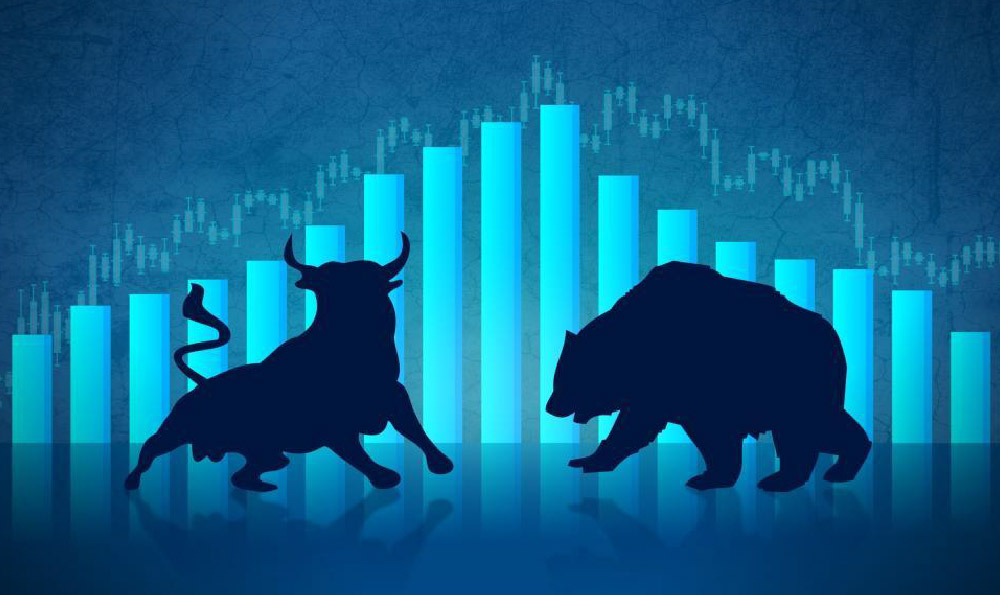Robinhood, the name synonymous with commission-free trading and democratization of finance, has undeniably shaken up the brokerage landscape. Its user-friendly interface, fractional shares, and access to cryptocurrency trading have attracted millions, particularly younger and less experienced investors. But the question remains: is Robinhood truly a worthwhile platform for building long-term wealth, or does its allure mask inherent risks that make it a precarious choice for many?
To answer this, a nuanced perspective is required, weighing both the advantages and disadvantages. Robinhood's primary strength lies in its accessibility. The commission-free model removes a significant barrier to entry, allowing individuals to invest even with small amounts of capital. This is especially beneficial for beginners who might be intimidated by traditional brokerage fees. Fractional shares further enhance this accessibility, enabling investors to purchase portions of expensive stocks like Amazon or Google, which would otherwise be financially out of reach. The platform's mobile-first design is intuitive and easy to navigate, making investing seem less daunting for those unfamiliar with financial jargon and complex trading platforms. Moreover, the availability of cryptocurrency trading within the same app simplifies the process for those interested in exploring this volatile asset class.
However, these appealing features come with potential downsides. One of the most significant criticisms levied against Robinhood is its gamified interface. The celebratory animations, push notifications, and readily available list of trending stocks can encourage impulsive trading and short-term speculation rather than long-term investment strategies. Behavioral economics demonstrates how such design elements can trigger reward centers in the brain, leading to excessive trading and potentially poor decision-making. This is particularly concerning for novice investors who may lack the discipline and knowledge to resist these temptations. The platform's focus on ease of use can sometimes overshadow the importance of thorough research and due diligence, leading users to invest in assets they don't fully understand.

Another crucial aspect to consider is Robinhood's revenue model. Since it offers commission-free trading, the company generates revenue through other means, primarily payment for order flow (PFOF). This involves selling customer orders to market makers who execute the trades. While legal, PFOF has raised concerns about potential conflicts of interest. Market makers might prioritize orders that are most profitable for them, potentially leading to slightly less favorable prices for Robinhood users. While the difference might be negligible on individual trades, it can accumulate over time and impact overall investment returns. The debate surrounding PFOF highlights the importance of understanding how financial platforms generate revenue and whether their incentives align with the best interests of their clients.
Furthermore, Robinhood has faced criticism regarding its customer service and educational resources. While the platform offers some educational materials, they are often considered insufficient for equipping beginners with the comprehensive knowledge needed for successful investing. Moreover, the limited availability of customer support, particularly during times of market volatility or technical glitches, has been a source of frustration for many users. The lack of readily accessible human assistance can be particularly problematic for inexperienced investors who may need guidance and support when navigating complex financial situations.
Beyond the platform-specific considerations, it's crucial to assess Robinhood within the broader context of one's individual financial goals and risk tolerance. For individuals seeking a simple and accessible platform for experimenting with small amounts of capital or trading cryptocurrencies, Robinhood can be a viable option. However, for those seeking comprehensive financial planning, personalized investment advice, and access to a wider range of investment products, a more traditional brokerage firm might be a better fit. Consider the level of support you need, the complexity of your investment strategies, and the importance you place on features like research reports, retirement planning tools, and access to financial advisors.
Ultimately, determining whether Robinhood is "worth it" is a personal decision that depends on individual circumstances and investment objectives. It is essential to approach the platform with a clear understanding of its strengths and weaknesses, and to avoid succumbing to the temptations of impulsive trading and speculative investments. If used responsibly and with a long-term perspective, Robinhood can be a valuable tool for building wealth. However, it is crucial to supplement the platform's offerings with independent research, sound financial planning, and a disciplined approach to investing. Remember, investing always involves risk, and no platform can guarantee financial success. The key is to make informed decisions based on your own individual circumstances and to continuously educate yourself about the world of finance. Thinking of Robinhood as a gateway to investing is a good start, but should never replace more professional financial assistance if truly committed to long term financial health.











